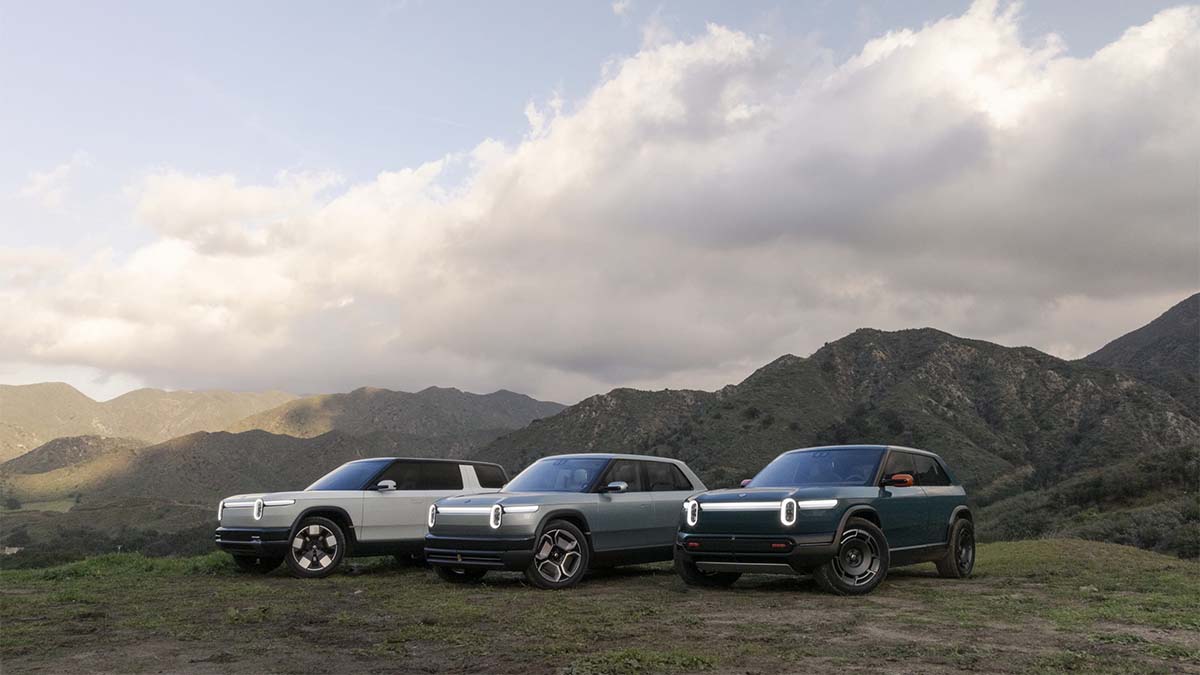Although U.S. President Joe Biden has been promoting electric cars, it does not seem to be possible to abandon fossil fuels. The U.S. president was present at the Detroit auto show, where he posed at the electric vehicle booth. However, the road to electrification appears to be far from straightforward. The northern giant is one of the world’s largest oil producers and, on many occasions, regulator of the price of a barrel of crude oil with its decisions.
Biden has been working to push for a transition to electric vehicles in the country. His presence in Detroit was to reaffirm his government’s commitment to support electric cars. The stated goal is for “the great American road trip to be completely electrified, whether it’s driving along the coast or on I-75 here in Michigan,” the president said on the eve of this post-pandemic return event.
The United States and a change of matrix
This year, after the Show was suspended from 2019, the eyes will be on the evolution of electric vehicles. Many prototypes and noble promises will be present in Detroit, as part of the ambition in a matrix change that will not be easy for the United States. Many analysts, officials, authorities and automakers are expected to attend an event that will have the attention of the entire world. While some have been praising the Biden administration’s performance in this regard, others point out that many promises have not been kept and it has fallen short of its halfway mark.
The U.S. president drove an electric Cadillac Lyriq SUV and upon getting out of the car said, “It’s a beautiful car, but I love the Corvette”. Fossil fuel-powered cars, such as gasoline or diesel, continue to be preferred by drivers. Michelle Krebs, executive analyst at Cox Automotive, made it clear that “electric vehicles are getting more attention than the quantities being sold.”
A complex transition
Although the U.S. market share of electric cars, has seen a considerable increase in the first eight months of the year, the specter of petroleum-based cars remains at the forefront. Biden signed a $7.5 billion infrastructure bill for electric vehicle charging stations.
To this was added the Chips Act, which grants a series of benefits to manufacturers of semiconductors and key parts for electric-based cars. Finally, the latest announcement is for a $900 million investment in chargers as part of a first round of financing for a primary network on national highways in 35 states.
All these announcements contrast with a country that by 2021 will be the world’s leading oil producer. This raises the question of how far it will be possible to work in a different matrix model. In addition, the transition will require a significant increase in sales of electric units and, subsequently, a wide network of charging terminals, as is currently the case with service stations.




